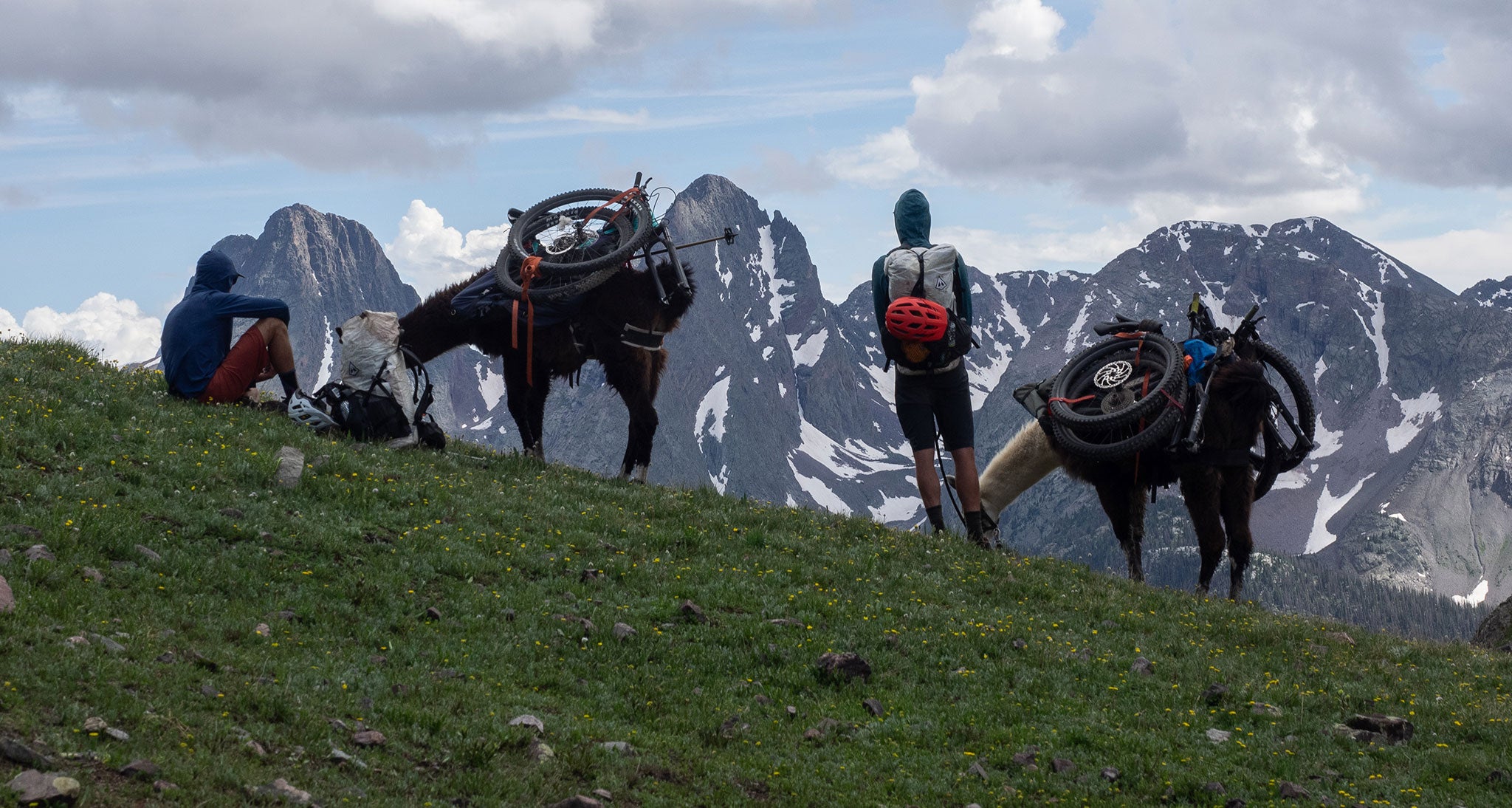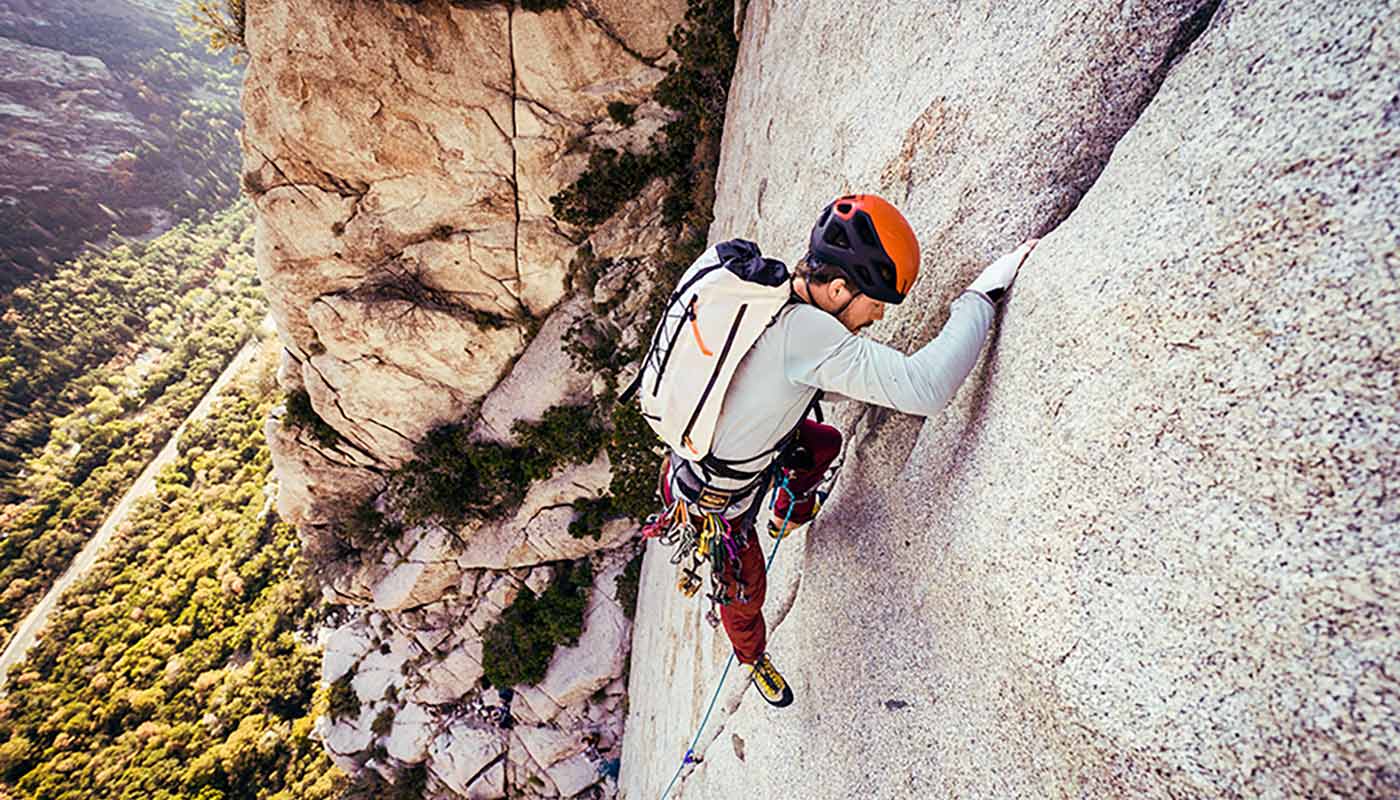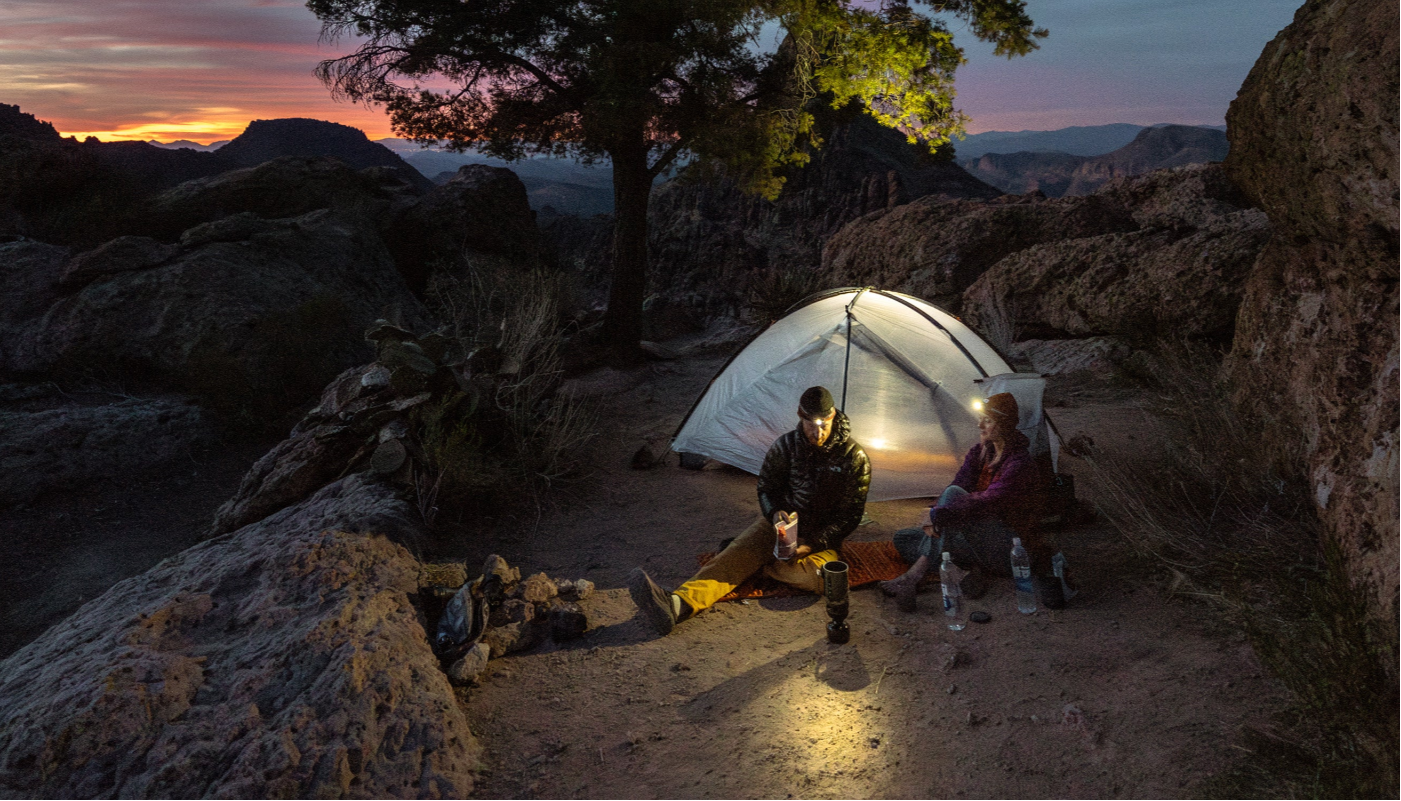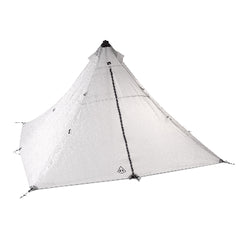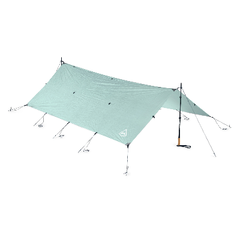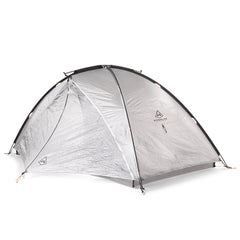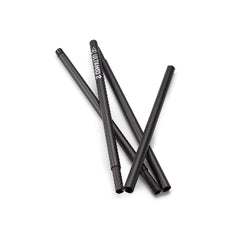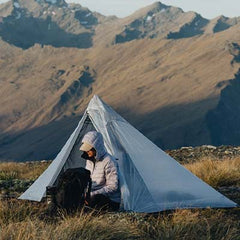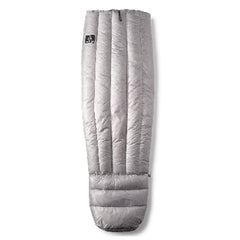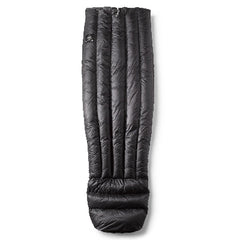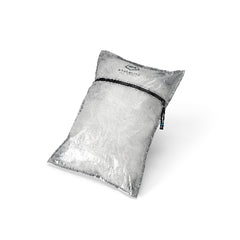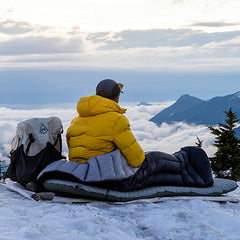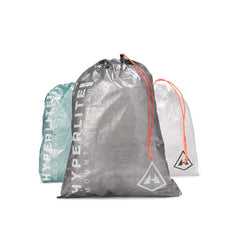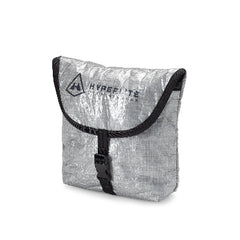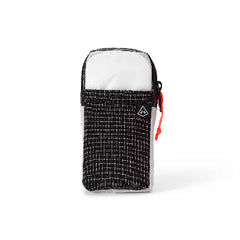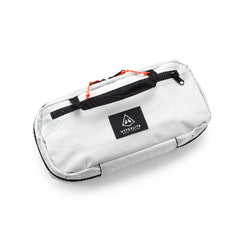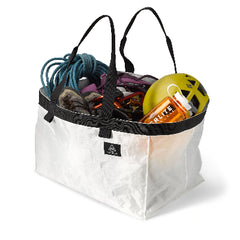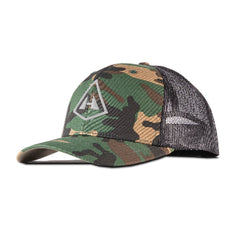Words by Brett Davis // Photos by Brett Davis + Steve "Doom" Fassbinder
I packed my first ever Hyperlite Mountain Gear pack during the Summer of 2015. Two friends and I had eleven days of gear and food laid out in organized chaos across a flat-bed trailer in North Pole, AK. As I contemplated the packing task at hand, my adventure partner and HMG Ambassador, Steve “Doom” Fassbinder, did his usual: “Hey, Davis! Would you mind using this pack instead of the one you brought?” Looking up, a white object with black accents came hurtling through the air. A new 4400 Windrider outfitted with a redesigned logo had found a new home.
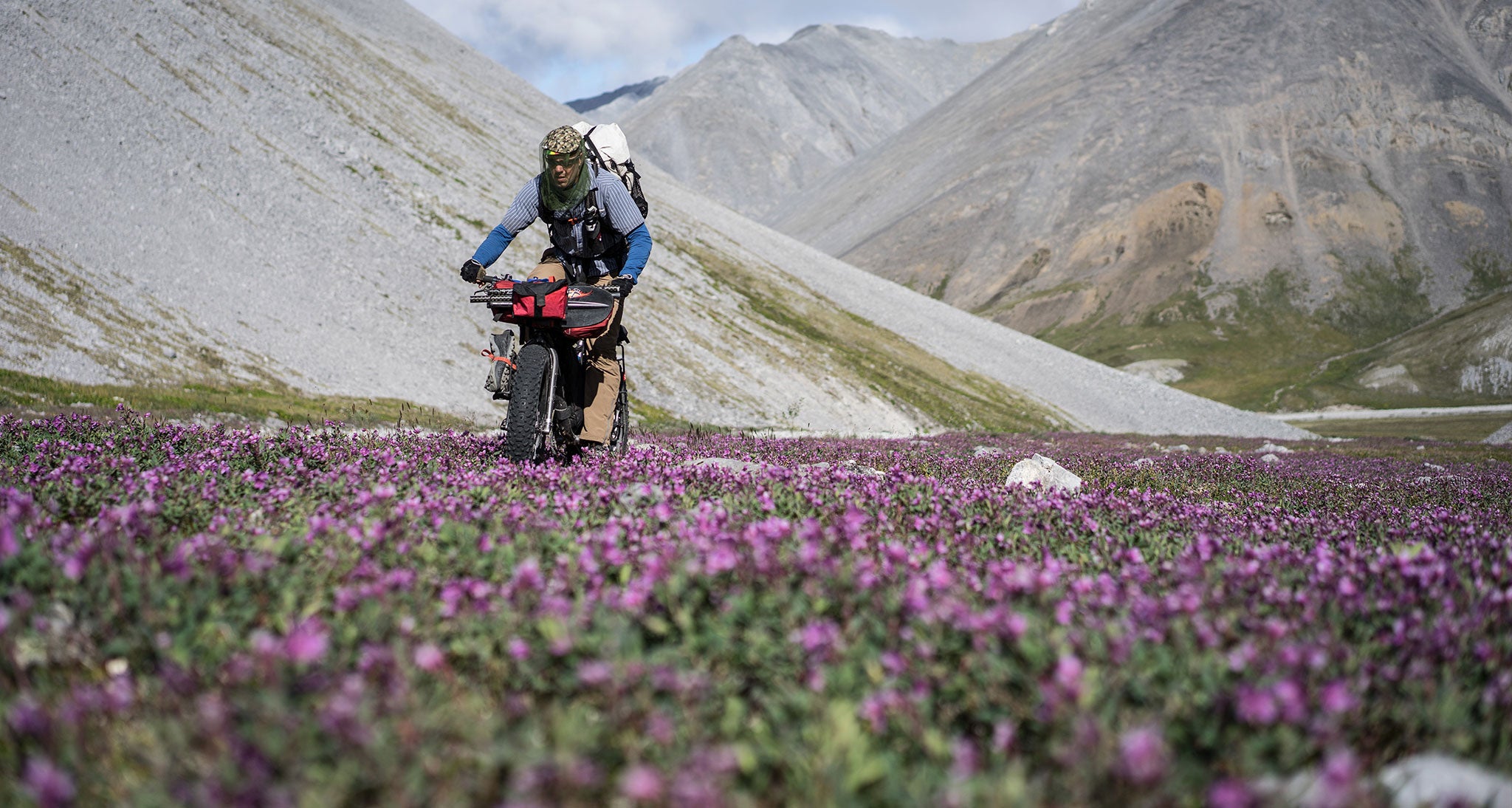
Over the next week and a half, I became intimately familiar with the quality and simplicity of the gear, as we also had along with us an UltaMid 4 Pyramid Tent, including an insert. I put the Windrider through its paces as we fat biked, hiked-a-bike, and packrafted through Alaska’s Brooks Range. The arctic is an epic landscape with the terrain, wildlife, and weather making it so. Given the ever-changing conditions, remoteness, and wildness, having equipment with a hardy disposition is a must. Though we didn’t get to test the “bear-proof” abilities of our HMG equipment (of which we were all thankful), I left Alaska with a growing interest and curiosity in HMG products and the adventures they may be able to handle.
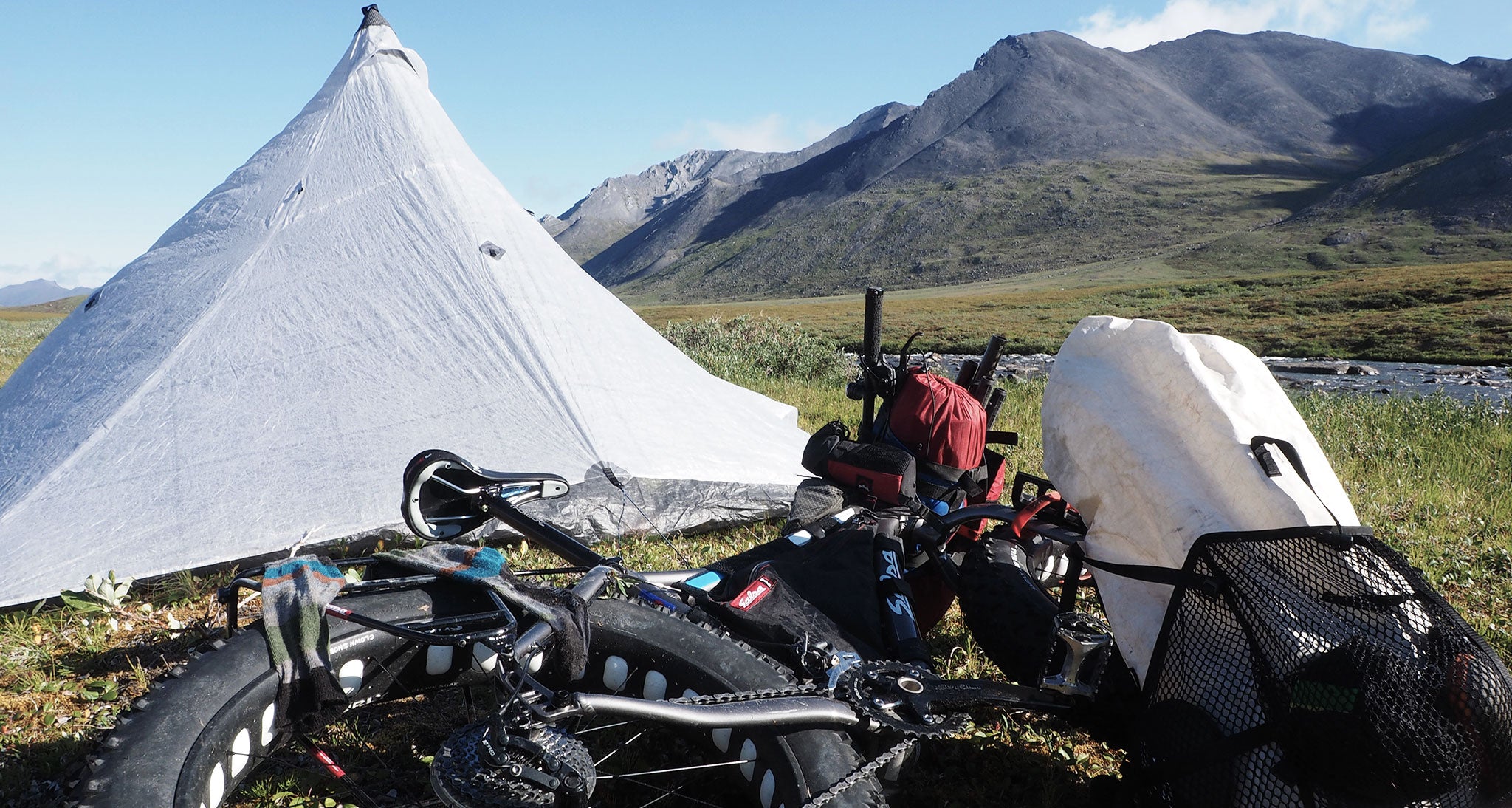
The following spring, the Windrider, along with an UltaMid 2 got their first taste of the always beautiful yet harsh desert. The Hard to Fathom Tour was conceived on a desert day-dreaming whim, as my partner, Travis, and I sought to retrace a portion of the historic “Hole in the Rock” expedition across Southern Utah. Looking at my diverse pack inventory, my mind wandered to the Windrider, its worn Dyneema Composite Fabric had been idle since its initial arctic foray, so perhaps it was time for it to get a taste of sand and the sharp pointy things of the desert.
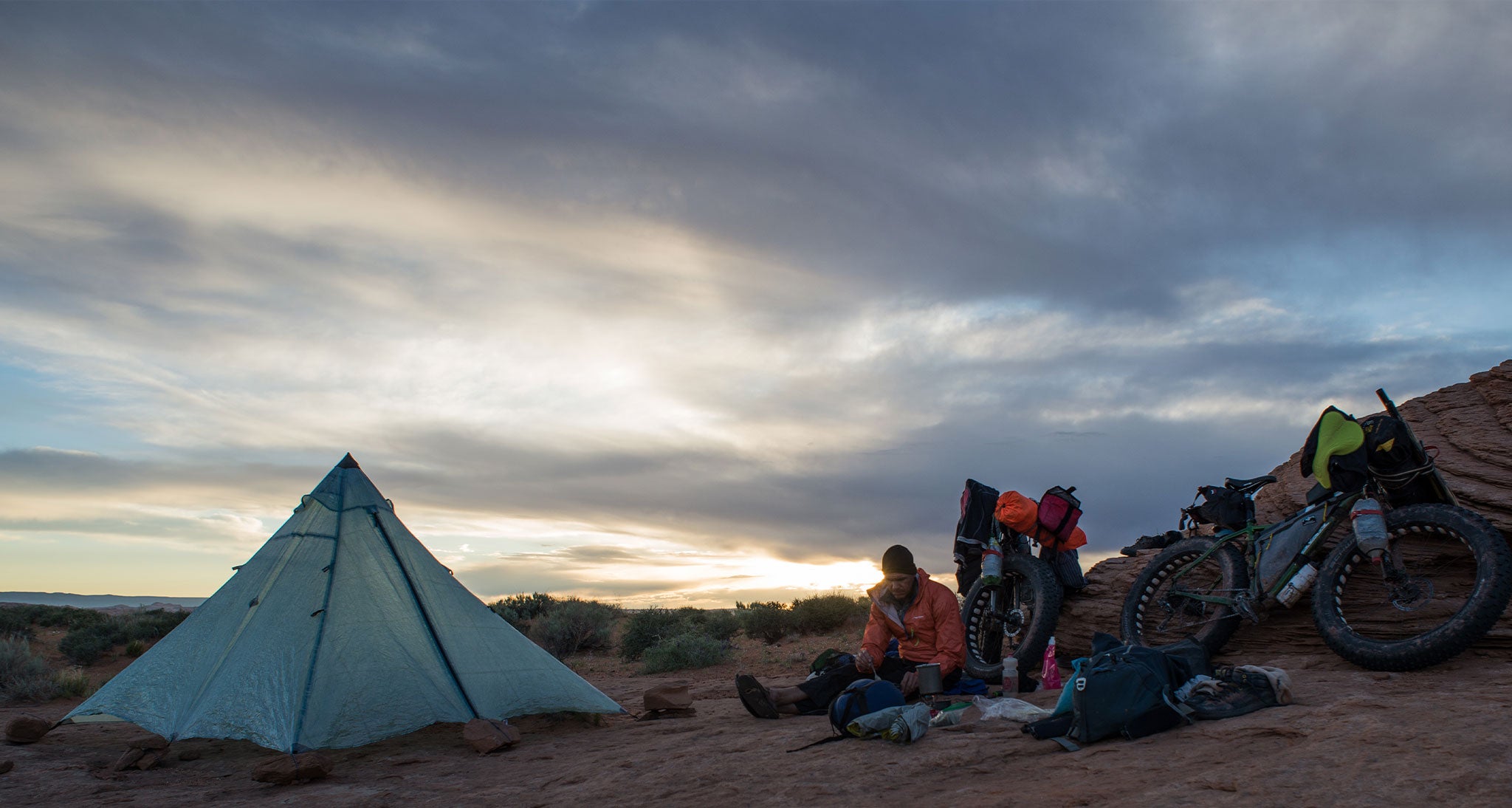
For eight days, Travis and I utilized bikes, packrafts, and our own two feet to go back in time to the mid- 1800’s when the Mormon pioneers pushed across the southwest seeking to establish a united presence in a raw and lawless land. As we dropped into one canyon after another only to climb back out onto a land of rock domes and desolate plains of sand, amazement and a deep respect for the commitment these early settlers had to the cause grew with each mile we covered. Along the way, the Windrider got its fair share of abuse, including being overloaded with gear and food along with a fat bike as we scrambled out of a canyon and proceeded to hike across a wilderness study area carrying everything on our backs.
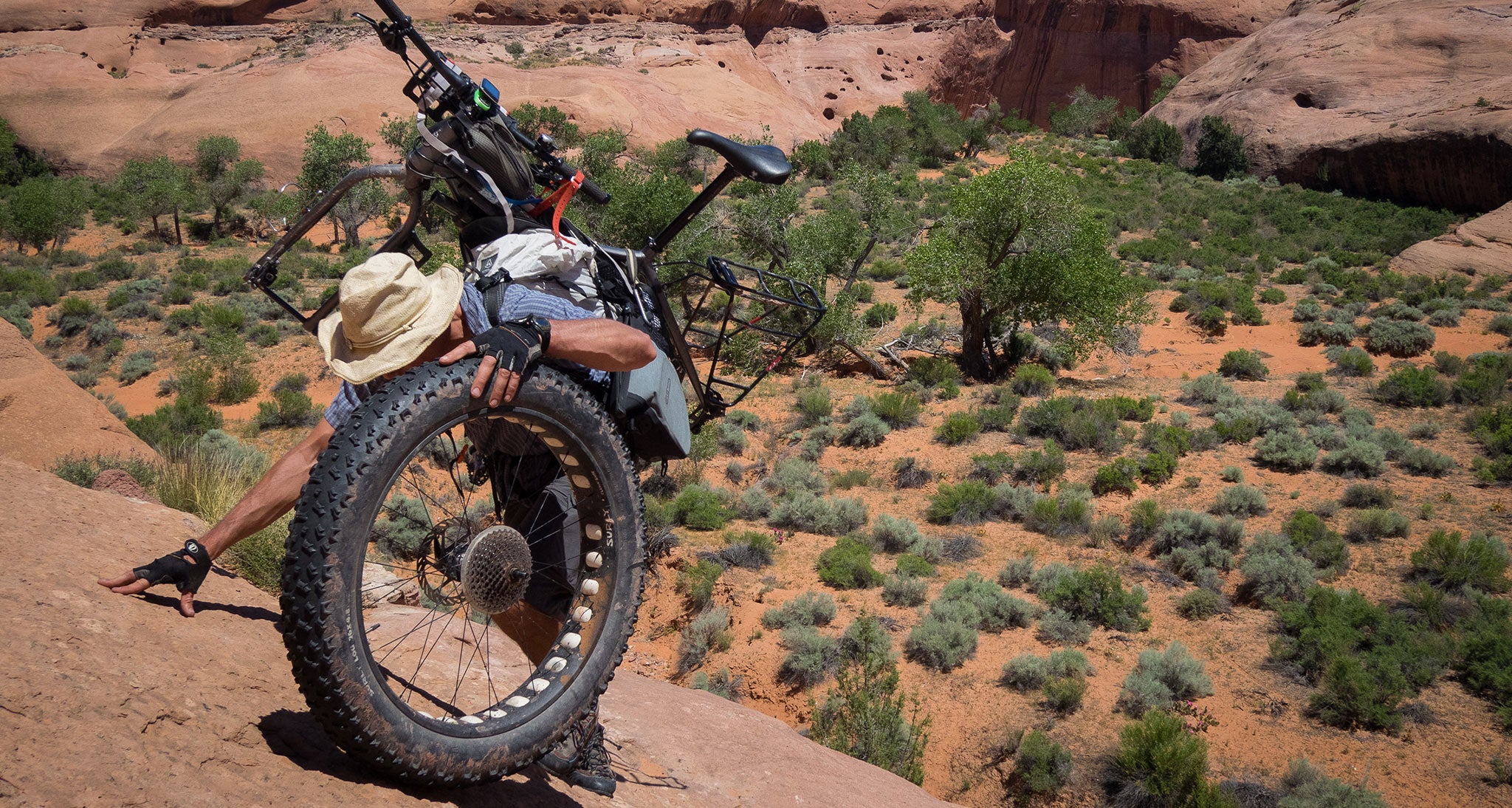
Through these two adventures, I was sold on the resiliency of the Windrider. Maybe it was time to check out another HMG design and see how it would withstand some abuse. During the Summer of 2018, Doom, Jon Bailey, HMG Ambassador Mike Curiak, and I got together to pay tribute to some wild men who have inspired us to look at maps differently than the norm. During the August of 1988, Roman Dial, Carl Tobin, and Jon Underwood were the first to attempt to ride bikes through the heart of the Wrangell St. Elias range in southeast Alaska. Departing Nabesna without a shelter, stove, or any other luxury items and carrying only a single packraft between them, these hard men spent a week bouncing in their saddles up and down one river drainage after another, paddling their bikes and themselves across fast-moving streams, bushwhacking through impenetrable Alaskan brush, and tip toeing along mountain goat trails where a single misstep would have dire consequences.
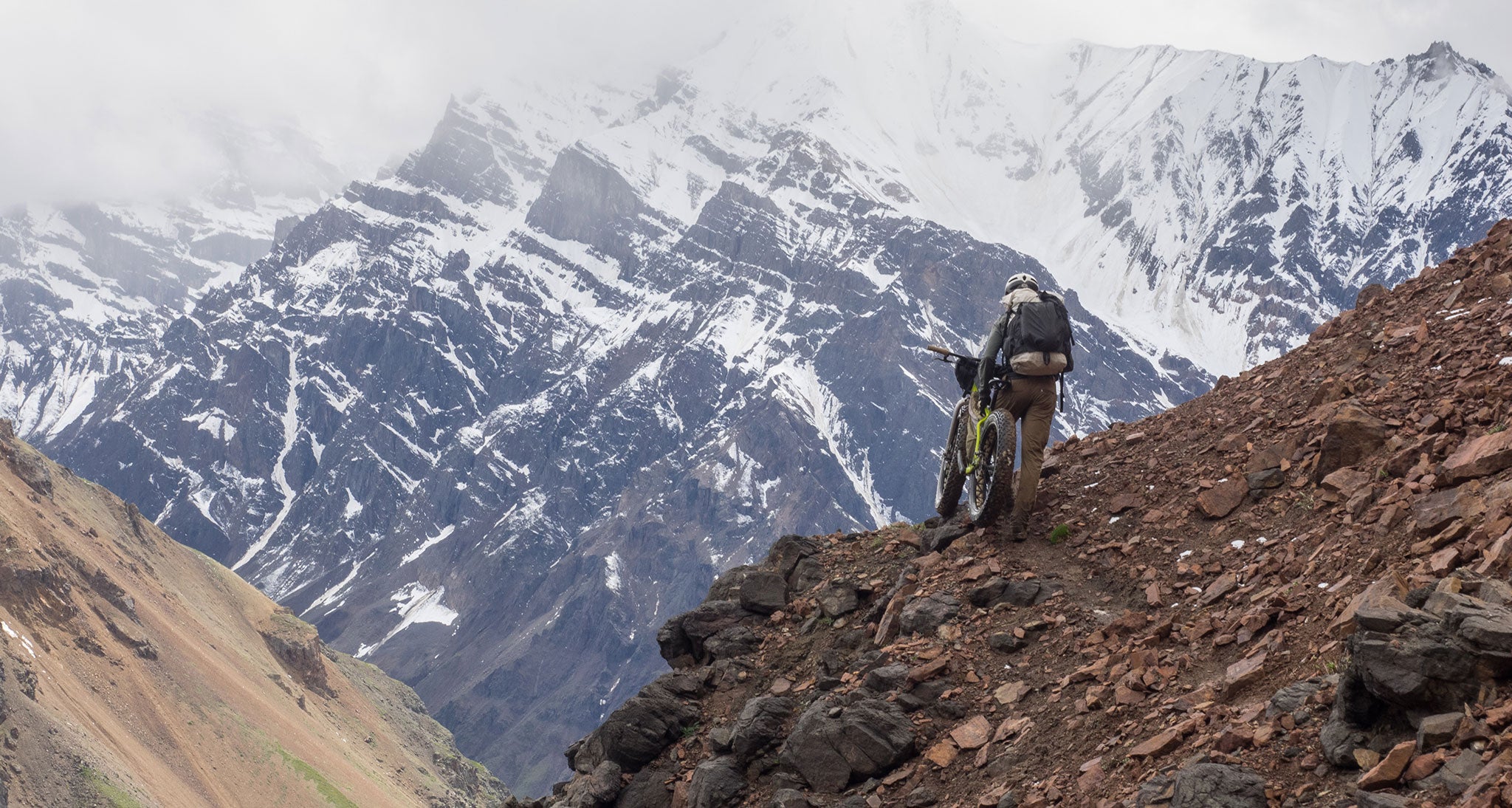
Our Hell Biking Revisited Tour didn’t go quite as smoothly as the initial trailblazers. Beyond the usual challenges of their route (frigid river crossings, glacial moraines, cliff bands, etc.), we had to deal with a weather front that dropped a foot of snow on us in the upper reaches of the Chitistone Gorge. This unfortunate surprise from Mother Nature left us tent bound for 36 hours as we couldn’t navigate the always treacherous goat paths to get around the impassable lower gorge without them being free of the white stuff. Consequently, this delay caused our food stores to become exhausted and put us behind schedule to finish the route before our flights back to Colorado.
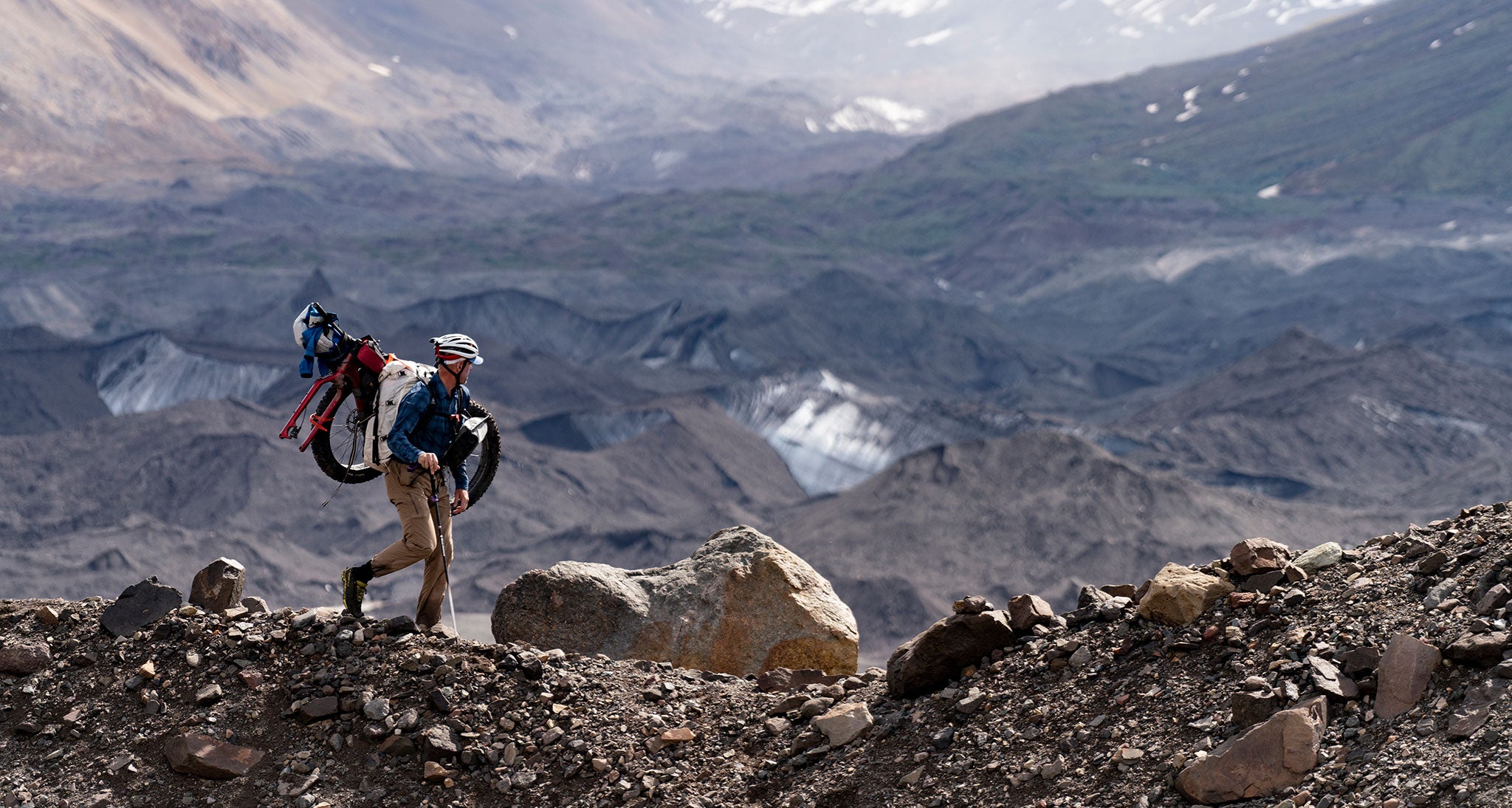
After nine days of continual movement, we rolled into McCarthy on fumes with just 12 hours to spare before our departing red-eye flights out of Anchorage. Happy as we were to be eating some much-needed grub and to have completed the route, the experience had furthered our admiration for Dial & Co. as to what they had accomplished 30 years before us with rigid, skinny tire mountain bikes and half the gear we chose to carry. Even with modern-day fat bikes and the latest gear such as our HMG packs, we were not able to match their pace.
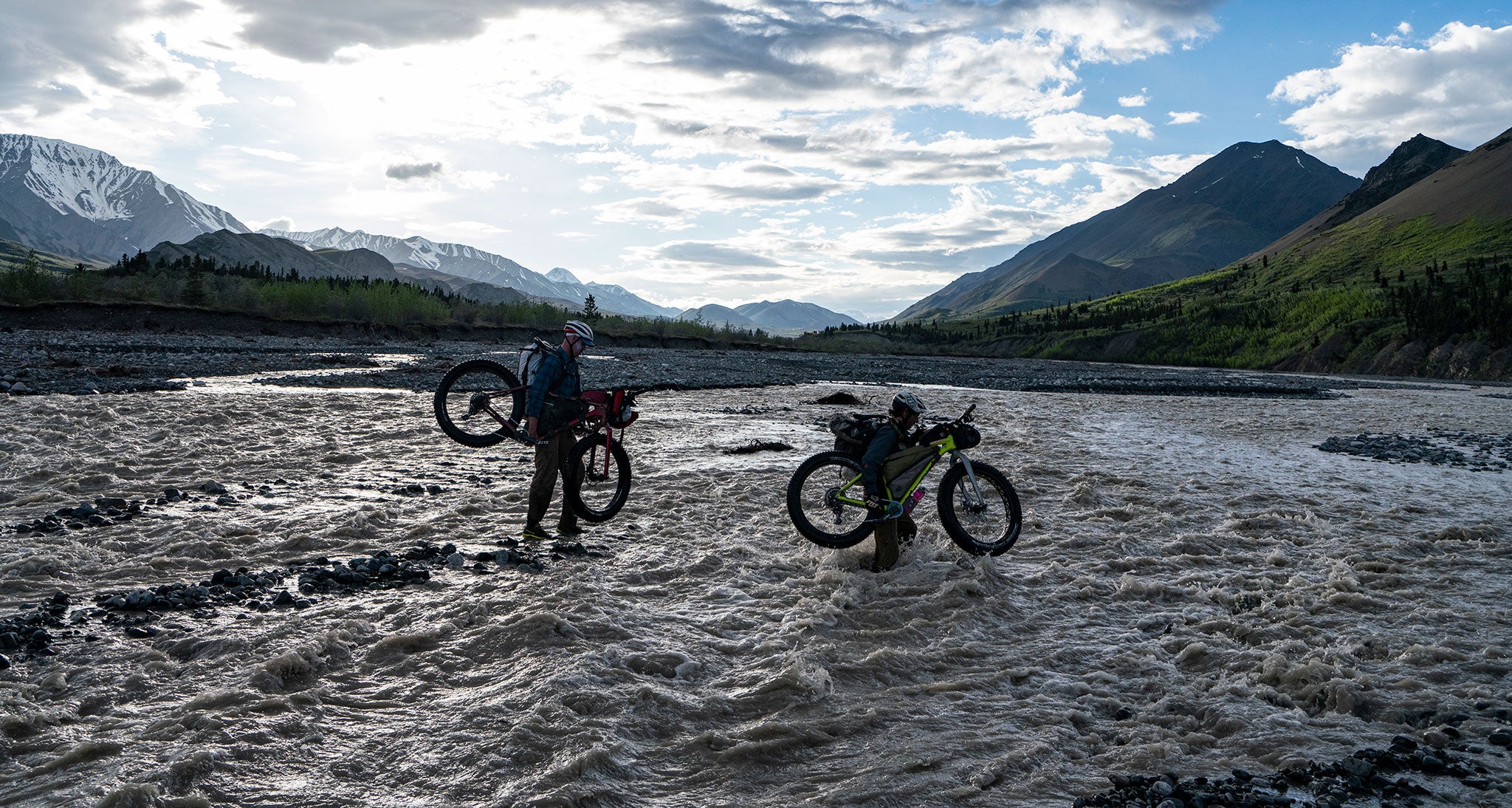
By now, I was a convert of the idea of simple, ultralight, and uncomplicated backcountry travel. My non-ultralight packs were collecting dust, as the Windrider and Porter became my go-to packs for any adventure whether a short weekend jaunt or some hair-brained idea of “Let’s just see what happens.” HMG was becoming synonymous with this theme. The past Summer’s escapade was just that sort of undertaking.
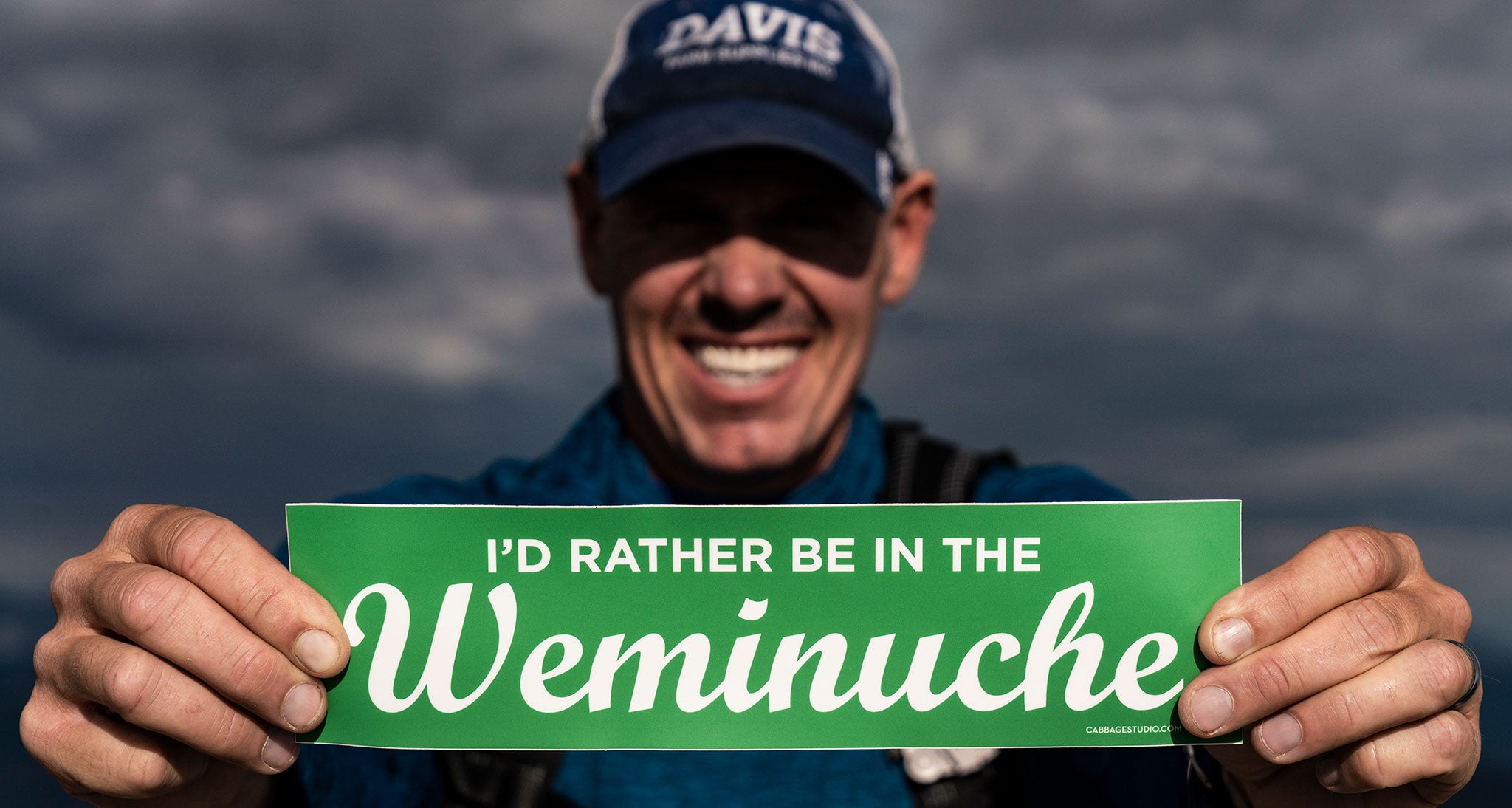
I am fortunate to call the outdoor mecca, Durango, CO, home. Outside my door lie the stunning and rugged San Juan Mountains–some of the lower 48’s best mountainous terrain for any outdoor pursuit. Both the famed “million-dollar highway,” HWY 550, and the Durango-Silverton railway bisect the range running north-south from my hometown to the tiny mountain town of Silverton. Additionally, with the presence of the epic Colorado Trail coming into Durango from the north, most people experience the range from one of these three gateways. Few, if any, ever think about the far western or eastern parts of the range. For years, an idea had been percolating in the deep recesses of my adventure mind–what about traversing the range utilizing human-powered means from west to east beginning with a climb of its westernmost prominent peak, Lone Cone (12,618’) and finishing with an ascent of Bennett Peak (13,209’), the tallest peak on the southeast side of the range? And thus, the San Juan Ramble was conceived.
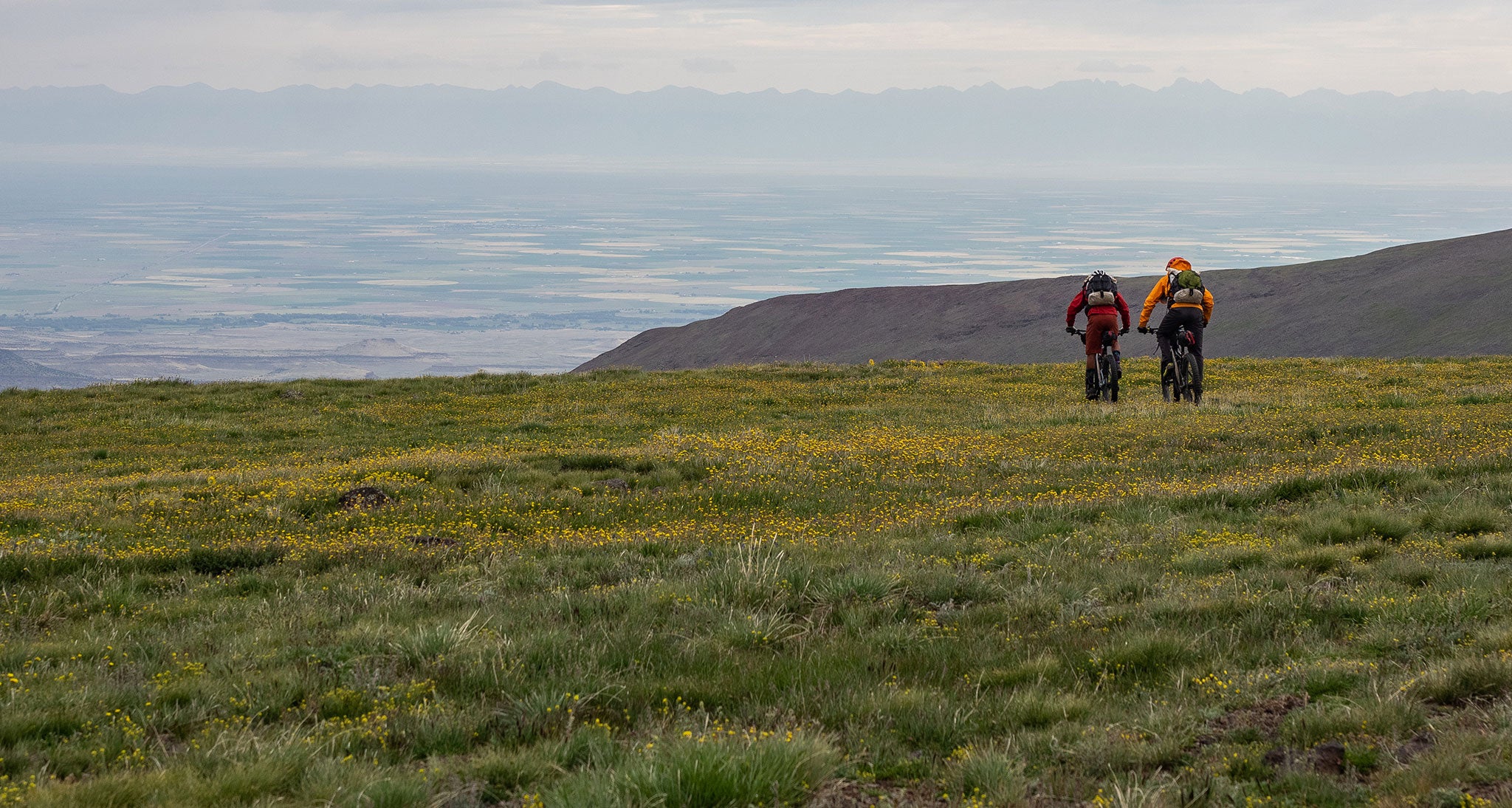
On a beautiful late July afternoon, the usual suspects and I (Doom and Jon Bailey), got shuttled with mountain bikes and other associated gear, including new Junction packs, to Lone Cone’s Devil’s Chair trailhead. Our journey would begin here. From Lone Cone’s summit to Bennett Peak’s grassy dome was 260 miles of remote and rugged terrain that we would bike, hike, packraft, and bike again over the course of 11 days. Along the way, we would explore places in our backyard that we had never experienced and encounter plenty of firsts—including making friends with two four-legged pack animals. Grant and Vance were two willing and patient llamas that joined the team in Silverton to help us carry our bikes across the beautiful Weminuche Wilderness.
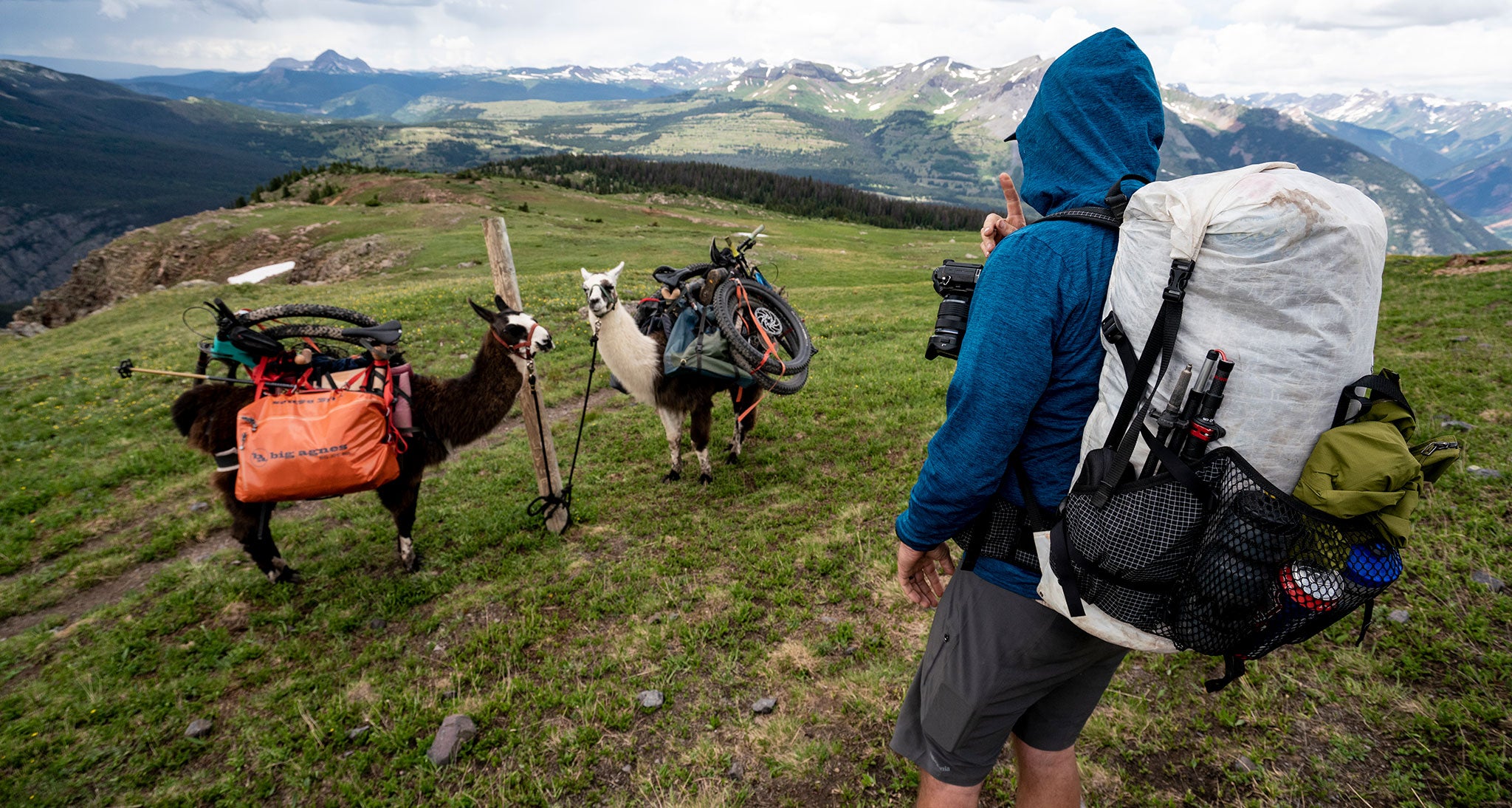
I know that it is rather obvious that I am a fan of Hyperlite Mountain Gear and its products. And yes, I was first sold on the company's commitments to simplicity and to produce functional equipment that is tough enough to withstand extreme backcountry abuse. More importantly, though, these products inspire me and the crew I adventure with to think creatively and big. To look at maps with the mindset of not what we can’t do, but rather what might be possible with some effort, a little bit of planning, and of course, reliable equipment. So much of our success or lack thereof is constrained by self-imposed beliefs.
When a company’s focus is to get people thinking beyond their comfort zones, great things can happen or at the very least, a true adventure will materialize.
